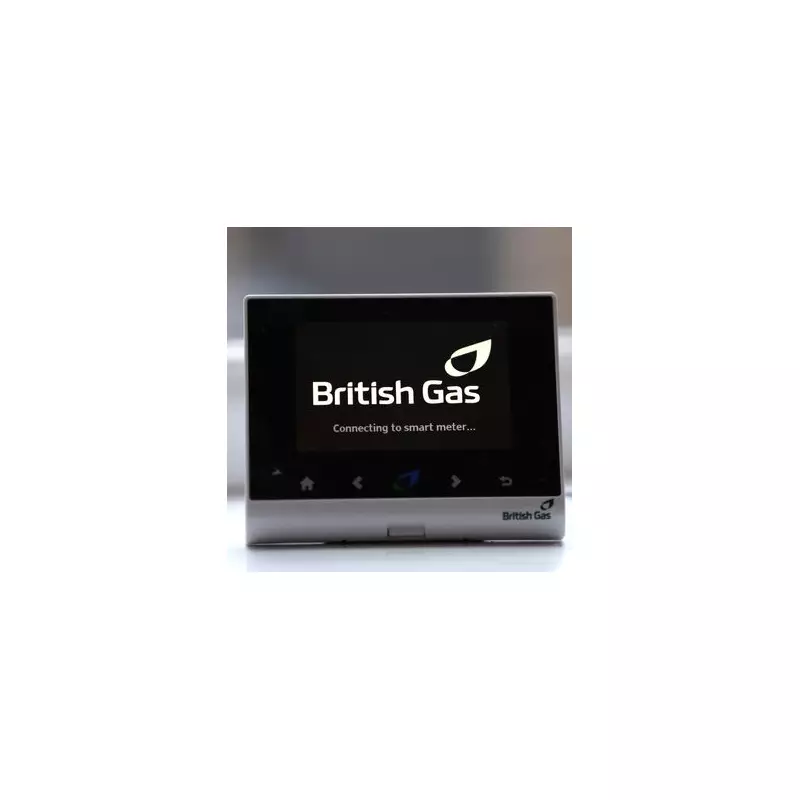
British Gas has issued an urgent warning to households across the UK to act quickly to protect their properties from the dangers of frozen pipes, as a severe cold snap grips the nation.
The Deep Freeze Hitting Britain
The Met Office has implemented weather warnings for 47 areas, including a rare amber alert for snow. Icy conditions have swept across the country, with temperatures plunging to sub-zero figures. Overnight lows have been recorded at a biting -6.1°C in Cumbria, -5.8°C in Wales, and -4.8°C in parts of Scotland.
This significant temperature drop poses a serious threat to home plumbing. When water in pipes freezes, it expands. This expansion puts immense pressure on the pipes, which can cause them to buckle and eventually burst, leading to devastating leaks and flooding.
How to Spot a Frozen Pipe
British Gas advises homeowners not to panic but to be vigilant for key warning signs. You may have a frozen pipe if you notice any of the following:
- Your central heating system is making unusual gurgling noises.
- Your boiler refuses to turn on.
- No water, or only a trickle, comes out of your taps.
- Your sink is draining very slowly or is clogged.
- The toilet is slow to flush.
The energy giant notes that for homes with modern condensing boilers, the condensate pipe is often the first to freeze. This is a plastic pipe that leads outside the property and can easily be checked for frost. Pipes in unheated areas like lofts, basements, and under cupboards are also particularly vulnerable.
Steps to Thaw and Prevent Damage
If you locate a frozen pipe, the key is to thaw it safely. British Gas recommends using a gentle heat source. You can slowly pour hot (but never boiling) water over the affected section of the pipe to melt the ice.
The situation becomes more serious with a burst pipe, which can be harder to detect. Look for signs such as a sudden loss of water pressure, damp patches or watermarks on walls and ceilings, or bulging in plasterwork.
If you suspect a pipe has burst, you must:
- Turn off the main water stopcock immediately and keep it off.
- Drain the system by turning on all your cold taps.
- Turn off your electricity supply at the fuse box if there's any risk of water contact.
- Contact your home insurance provider and a qualified plumber without delay.
With the cold weather set to continue, taking these preventative and reactive measures promptly is crucial to avoiding extensive and expensive damage to your home.





